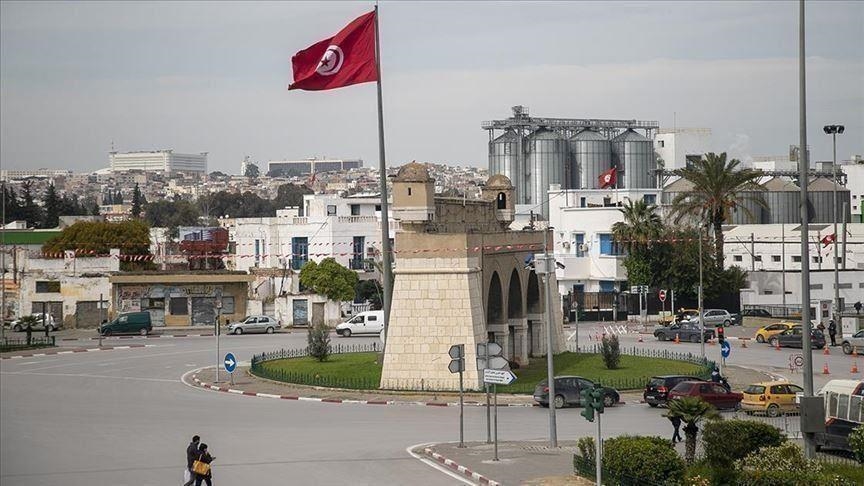Iran reassures Turkey on border security
"Turkey’s security is our own security," Khatami told Gul in a weekend meeting in Tehran.
Turkey has long complained of implicit backing on the part of its southern neighbors for the Kurdistan Workers’ Party (PKK), a terrorist group whose 15-year-long fight in southeastern Anatolia left more than 30,000 people dead, but this situation appears to be changing.
In a landmark visit to Turkey last week, Syrian President Bashar Assad said the terrorist group no longer had a presence in his country and reassured his hosts that the Syrian border would be a border of security for Turkey.
"Turkey’s enemies, terrorist groups or others, cannot harm Turkey by using Iranian territory," Khatami told Gul in their meeting. He praised Turkey’s determination in the fight against terrorism and said Iran supported and was ready to cooperate with Turkey in that fight.
Gul arrived in Iran on Saturday on a visit mainly aimed at extending Turkey’s condolences to this neighboring country in the wake of a devastating quake in the southeastern city of Bam. In addition to Khatami, Gul held talks with his Iranian counterpart, Kamal Kharrazi.
In talks with Gul, Iranian officials said economic ties should be strengthened. They also expressed support for Turkey’s bid to hold the post of secretary-general of the Organization of the Islamic Conference (OIC), diplomatic sources said.
Turkey has nominated Ekmeleddin Ihsanoglu as a candidate for the post of the OIC secretary-general, the election for which will be held at this year’s OIC summit in Istanbul.
Opposition to Kurdish state
Gul’s trip to Iran came after Turkey and Syria found common ground in denouncing attempts by the Iraqi Kurds for broader autonomy in the north of Iraq. In Tehran, Gul and his Iranian counterpart, Kharrazi, said they both opposed the idea of an independent Kurdish state emerging in northern Iraq.
If Iraq is divided, "the problems of the Middle East are going to double," Gul told reporters on Saturday after talks with Kharrazi.
Kharrazi said after the talks that Iran wanted to see a "nation-state" in Iraq rather than one that focused on ethnicity. In terms of language, the Kurds are the largest minority in Iraq.
"For us, the territorial integrity of Iraq is very important," Kharrazi told a joint news conference with Gul.
Iraq’s Governing Council said earlier this week that Kurdish demands for an autonomous region should be decided when an elected Iraqi assembly is installed in 2005. The Kurds have enjoyed an autonomous status in northern Iraq, protected by U.S. and British air power since the 1991 Gulf War, but they want to expand their zone to incorporate a number of northern cities formerly under the Baghdad government’s authority, including oil-rich Kirkuk.
The prospect of an autonomous Iraqi Kurdish province, flush with oil revenue, frightens Turkish and Syrian leaders, fearing it would encourage separatist sentiment among their own Kurdish populations.
Turkey wants Syrian and Iranian support in arguing its case on the Kurdish issue in the Arab world and with the United Nations, a senior Turkish government official said, speaking on condition of anonymity.
Turkey also wants U.S. support against Kurdish nationalism. When he meets U.S. President George W. Bush in Washington later this month, Turkish Prime Minister Recep Tayyip Erdogan is expected to seek assurances that the political aspirations of the Iraqi Kurds will be kept in check.
Washington says it wants the Iraqis to write their own constitution while preserving the territorial integrity of Iraq — meaning no Kurdish secession.


